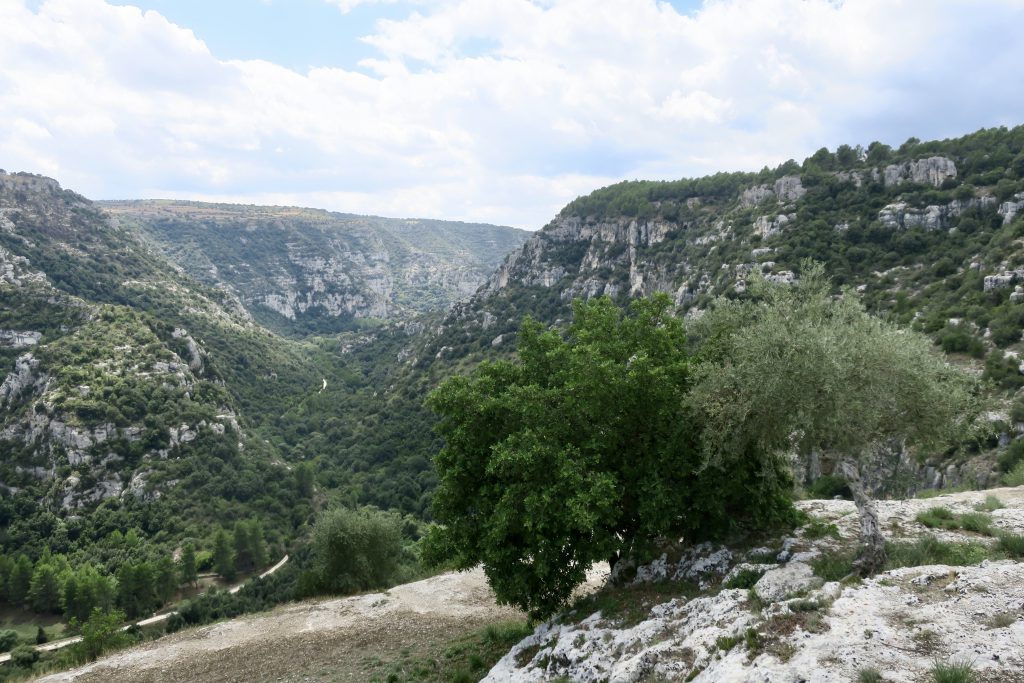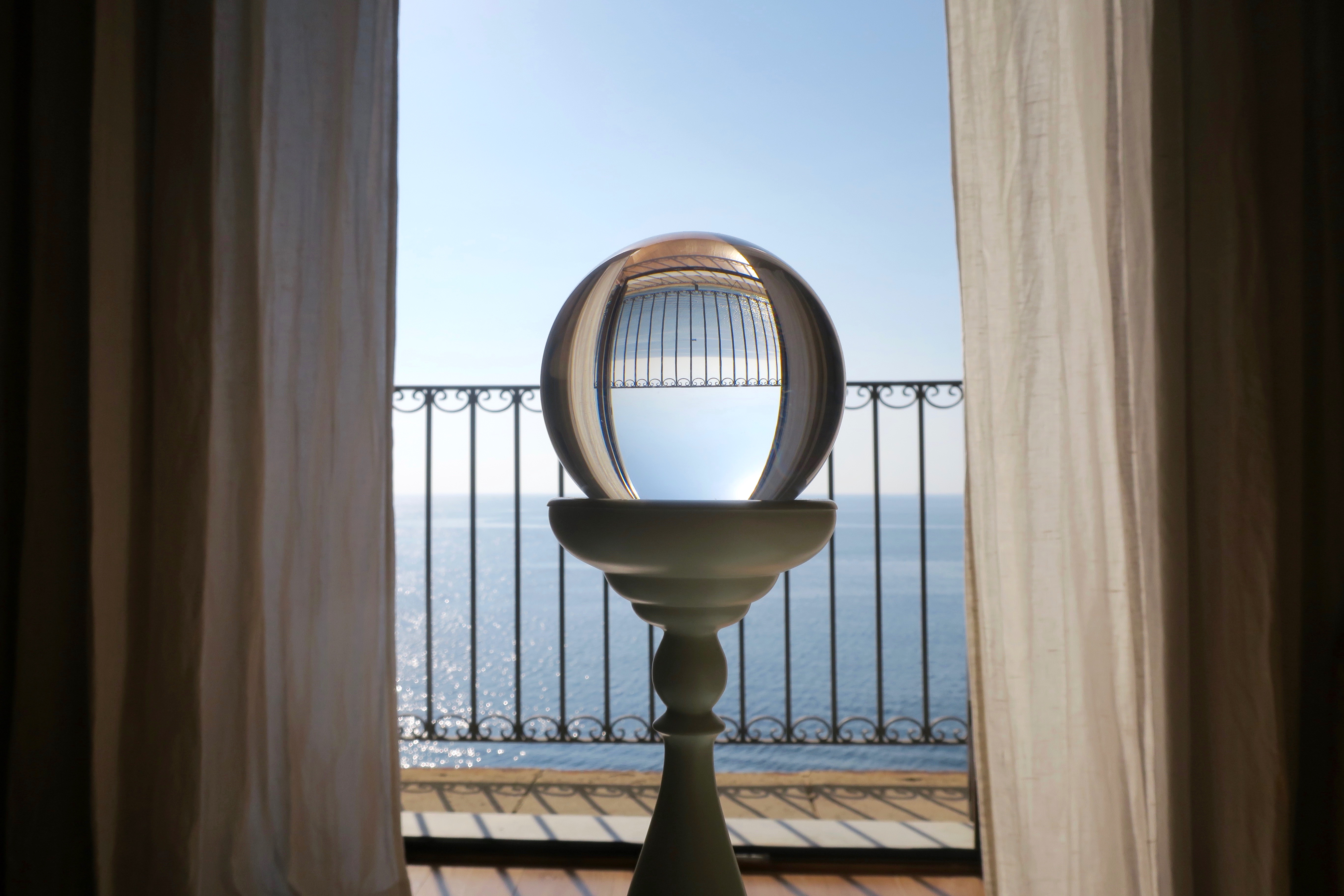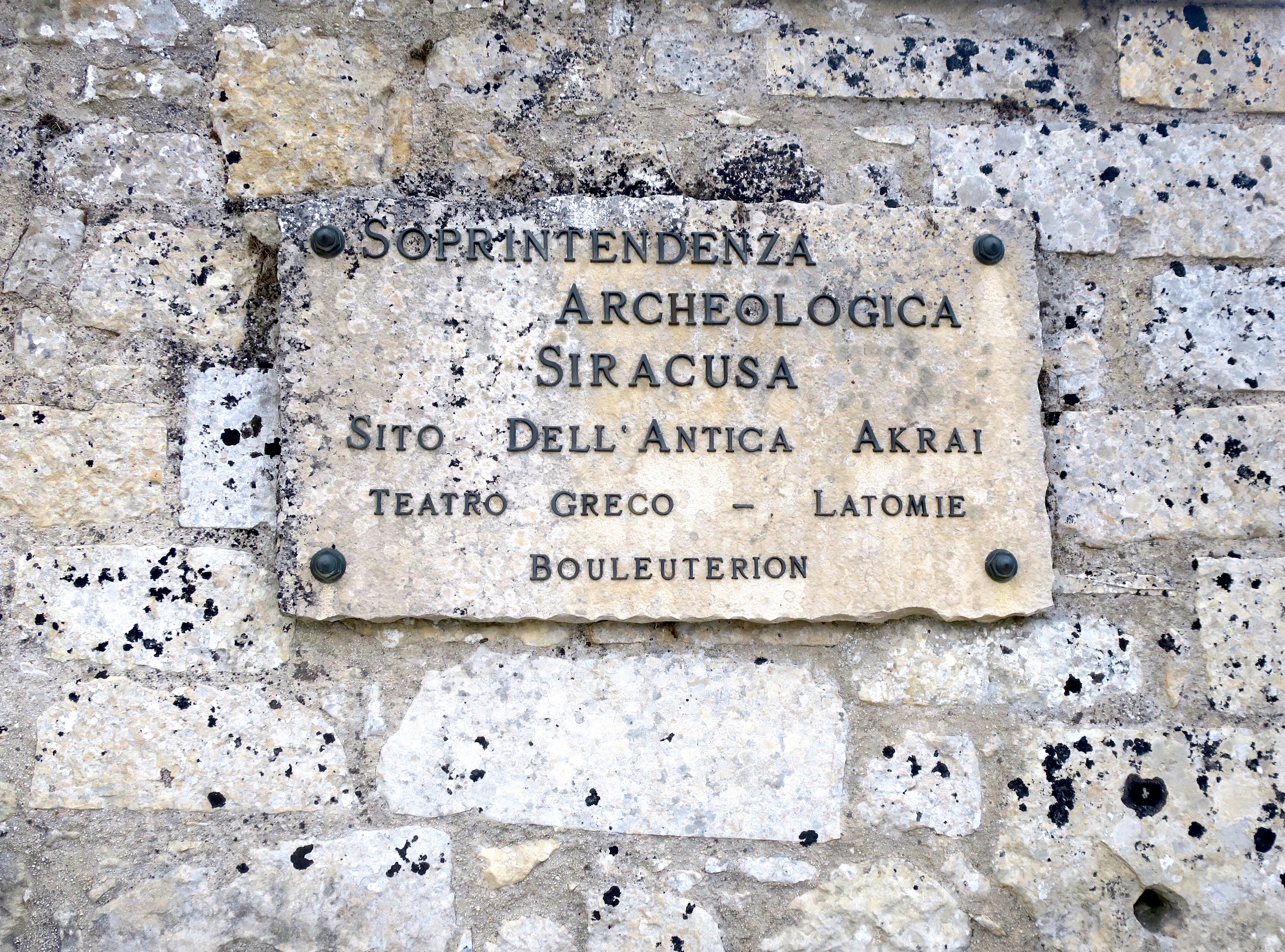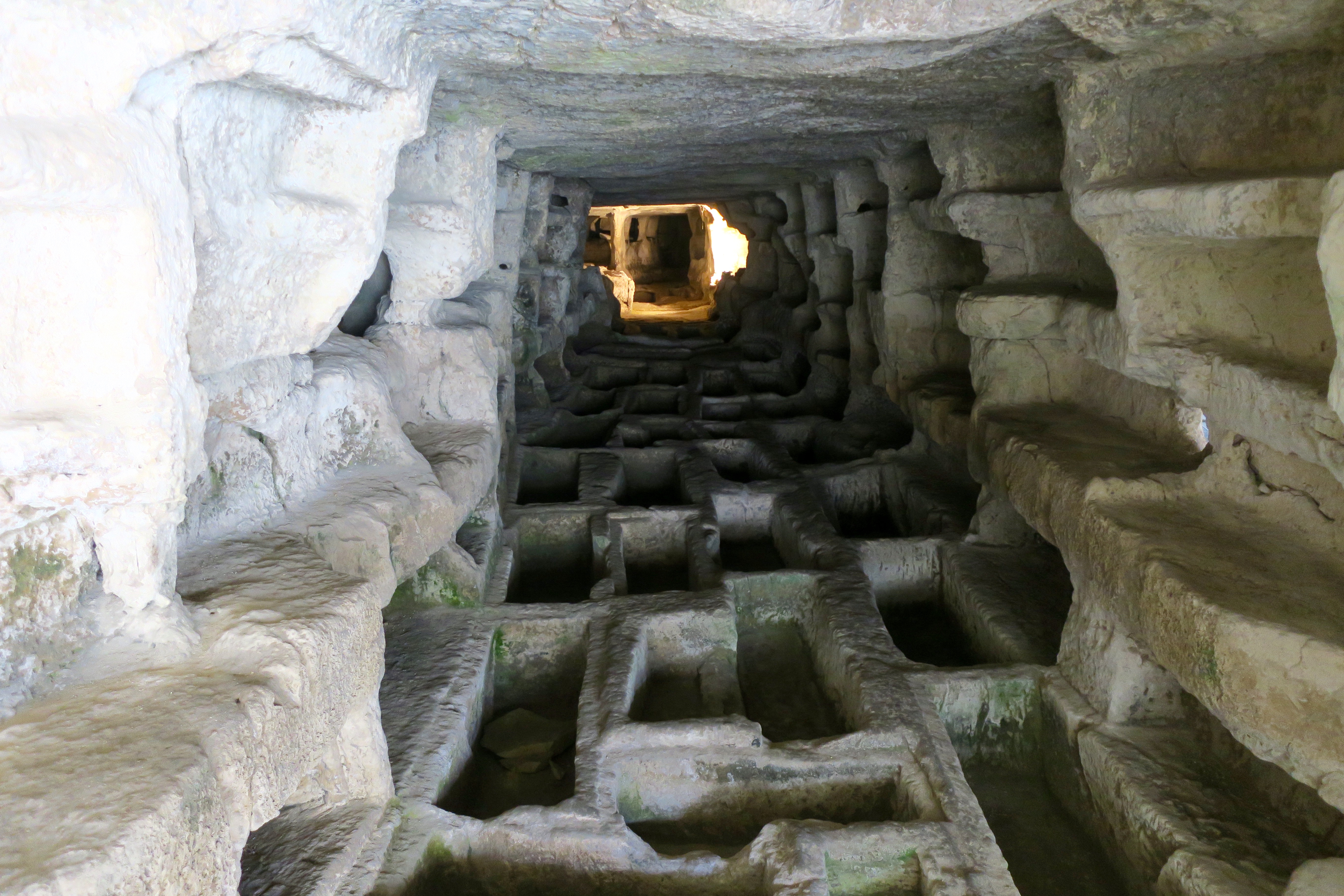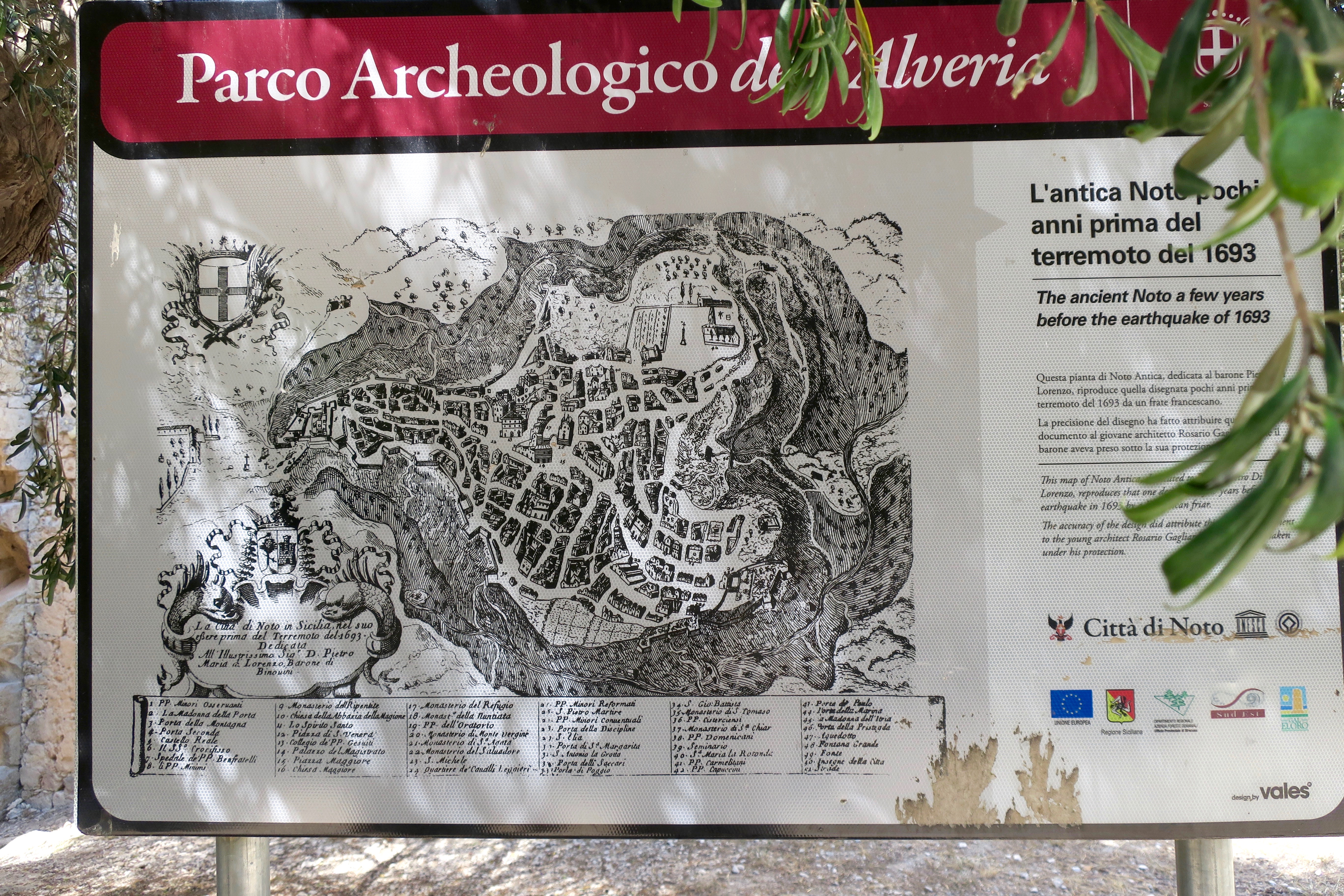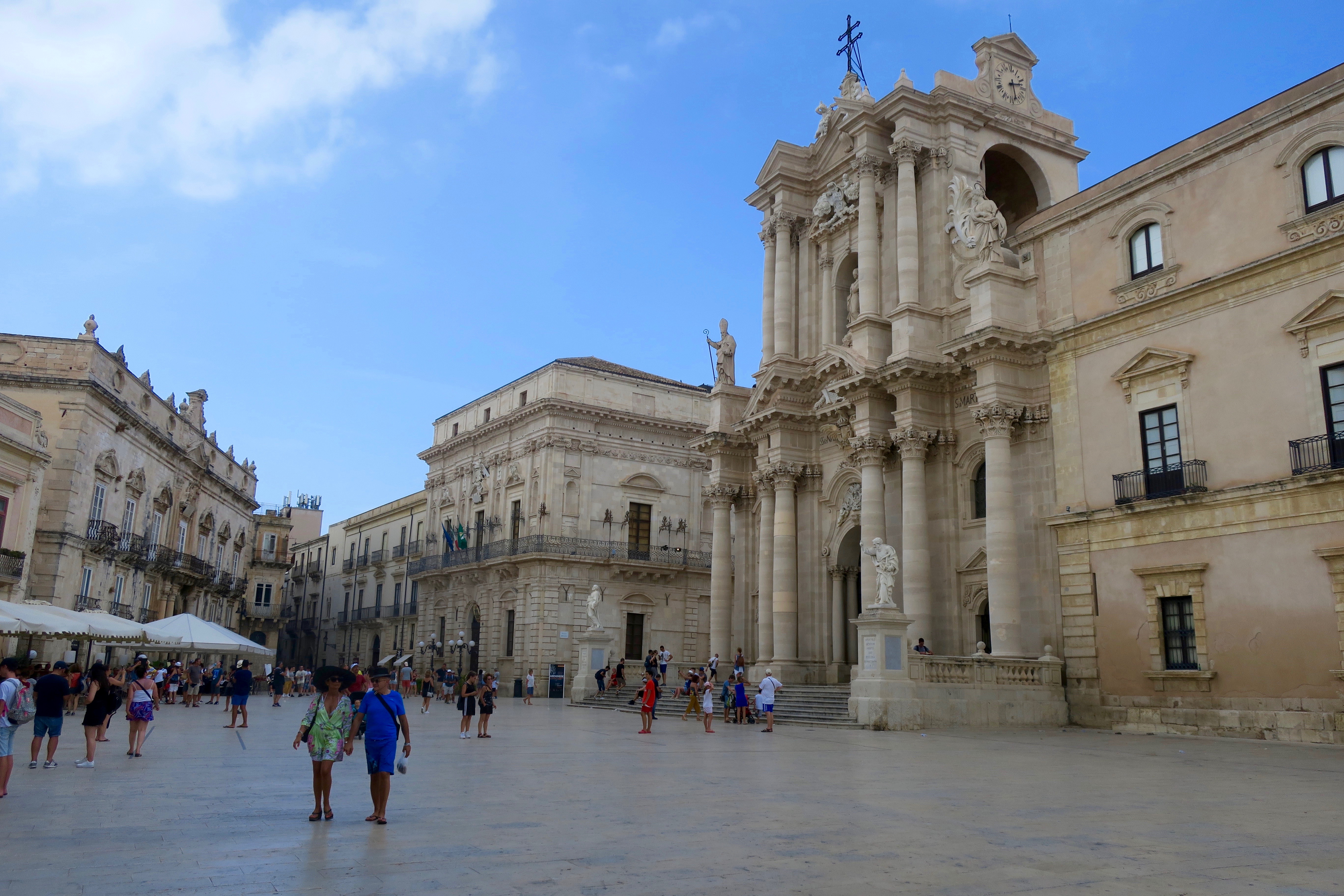Sitting here on lockdown, having earlier walked our prescribed exercise route, carefully plotted through burgeoning local parks and side roads, the trees and hedges heavy with blossom and alive with birdsong, more so it seems than ever this year. Strange contrast with the quiet tragedy unfolding around us, the closed doors and closed curtains and the quiet ambulances in the streets. I’m itchy to be away from here but there’s nowhere to go. So I’m looking back through old photos and I find myself in Sicily, two years ago when we were free to go wherever we pleased. We were staying in Syracuse, on the island of Ortigia, and each day we went off in a different direction. On this day we headed inland, due west to the ancient prehistoric site of Pantalica. Continue reading “Pantalica”


